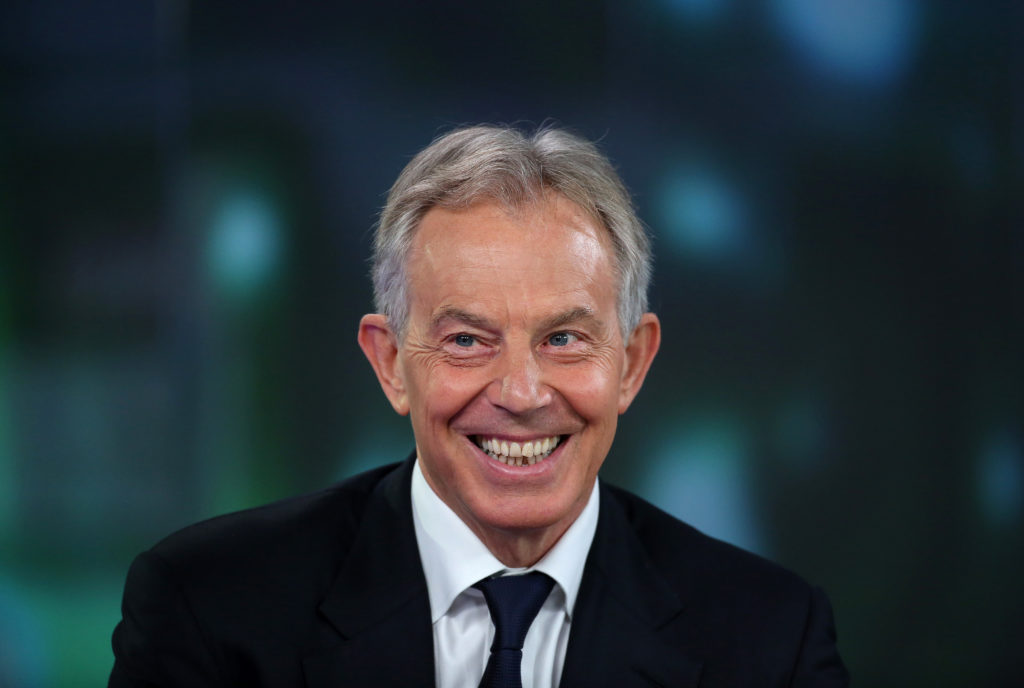Post by thomas on Jan 4, 2023 17:05:49 GMT
Jan 4, 2023 14:22:03 GMT @sidfiddler said:
This is what vinny stated "Labour inherited a budget that was in surplus and trashed it.
By 2007 government borrowing was a serious problem, and then the global crash happened which our ex government was unprepared for"
---------------------------
Wrong
Labour came to power in May 1997, and the budget was in deficit, the budget came into surplus in 1998, and remained in surplus until 2001.
After 2001 the deficit remaind manageable, and way below the previous Conservative governments peaks in 1994 and 1995.
It was not until the Banking Crisis hit, and the recession which followed the Banking Crisis that the budget deficit shot up in order to support peoples jobs, the economy, industry and to save the banks.
The problem with the Conservative Party is that they are the party of lies
They lie about Labour and tax and spend, they lied about Brexit, they lie about breaking their own rules, they lie about 40 new hospitals which never existed, they lie about everything, and sadly some of their supporters peddle these lies too.
How Blair broke Britain
Today, Blair’s most overwhelming legacy, and the one that affects millions of ordinary people in Britain every day, is housing. In 1997, as Labour won their largest ever parliamentary majority, the average income was £15,000 a year while the average property cost £65,000. By 2007, as Blair left office, average pay had risen to £20,000 — but house prices had surged to an extraordinary £190,000. In other words, relative to wages, and under a Prime Minister who spoke relentlessly of expanding opportunity, the cost of housing had doubled.
The surge in house prices after 1997 was no accident. Buy-to-let mortgages increased 30-fold under Blair while his government built fewer council homes than Margaret Thatcher.
Those same people burdened with thousands in student debt, another New Labour bequest, are increasingly likely to give up to half their post-tax earnings to a landlord.
Alongside this abysmal record on housing, New Labour oversaw a historic collapse in British industry. Between 1997 and 2007, output from all manufacturing, value adjusted for inflation, fell by 3% — while a million workers lost their jobs. Despite the post-industrial paeans of New Labour this was not inevitable: over broadly the same period, between 2000 and 2006, manufacturing output rose in the US, Germany and France. Most striking of all, manufacturing as a share of the overall economy fell more under Blair than Thatcher and Major combined.
A mixed domestic record is leavened by a series of foreign policy disasters. Blair is synonymous with Iraq and Afghanistan, and always will be. Britain spent £37 billion in Afghanistan, and lost more than 450 military personnel. For what? Two decades later, the Taliban have returned and the country is facing widespread starvation. In Iraq, the most secular country in the Arab world at the turn of the millennium became a hothouse for sectarian militias, then ISIS. Mission accomplished.
In the long-run the New Labour project, and Blair’s stewardship of it, can only be seen as a failure.
When asked about her greatest achievement Margaret Thatcher replied: “Tony Blair and New Labour.”

